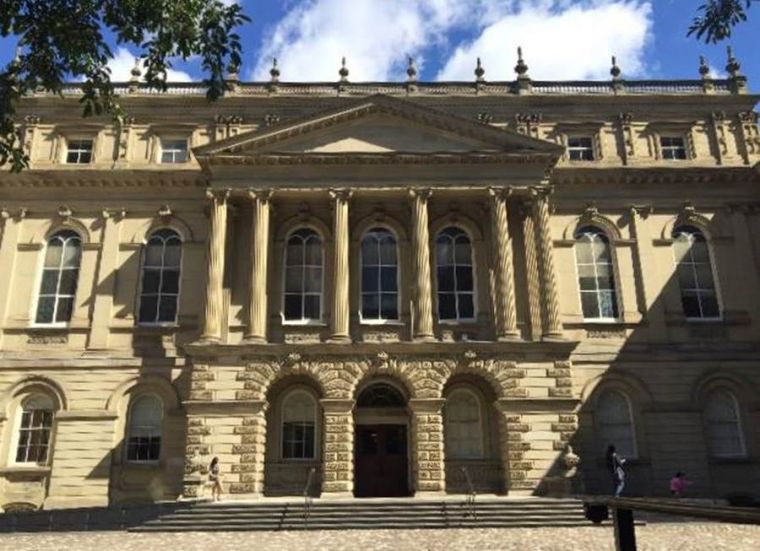Court upholds decision not to accredit evangelical Christian law school for its alleged anti-LGBT policy

A top court in Ontario, Canada, has upheld a decision of a law society not to give accreditation to an evangelical Christian law school over the latter's alleged anti-LGBT policy barring students from engaging in sexual intimacy outside of marriage between a man and a woman.
In a decision, the Court of Appeal for Ontario ruled in favour of a decision by the Law Society of Upper Canada (LSUC), the regulatory body for lawyers in Ontario, not to accredit the proposed law school of Trinity Western University (TWU).
It said that the LSUC was right in its decision because of TWU's community covenant, which states that administrators, faculty, students and staff must abstain from "sexual intimacy that violates the sacredness of marriage between a man and a woman."
The covenant also states that "according to the Bible, sexual intimacy is reserved for marriage between one man and one woman."
"My conclusion is a simple one," wrote Justice James MacPherson, who penned the unanimous three-judge panel decision, according to The Star. "The part of TWU's community covenant in issue in this appeal is deeply discriminatory to the LGBTQ community, and it hurts."
While he declared that "LSUC's decision not to accredit TWU's proposed law school infringed TWU's religious freedom," MacPherson added, "I have no hesitation saying that TWU's admission policy, viewed in conjunction with the Community Covenant, discriminates against the LGBTQ community on the basis of sexual orientation."
He justified that LSUC's decision does not prevent the practice of religious belief but denies a public benefit because of the impact of religious belief on the LGBT community.
The LSUC praised the ruling.
"It's significant that the court identified specifically that the Law Society has an important role to play in promoting a diverse profession, and that this is part of its public interest mandate," said treasurer Paul Schabas, who was one of the 28 who voted against TWU's accreditation in 2014. A total of 21 voted in favour of TWU.
The university filed for a judicial review of the decision but it was dismissed by a lower court.
"My position was largely similar to what the courts have articulated, which is that we have an obligation to not discriminate," said Schabas. "By accrediting Trinity Western, and in other words letting them into our licensing process, we would be effectively adopting a discriminatory path to licensing."
TWU said it will appeal the decision to the Supreme Court of Canada.
"The court correctly found an infringement of TWU's rights," said Earl Phillips, executive director of TWU's proposed School of Law. "However, we are most disappointed that the court found the infringement to be justifiable. That finding is a serious limitation to freedom of conscience and religion under the Charter of Rights and Freedoms."
Law societies in British Columbia and Nova Scotia have also refused accreditation to TWU but were overturned by superior courts. The decisions are on appeal.











